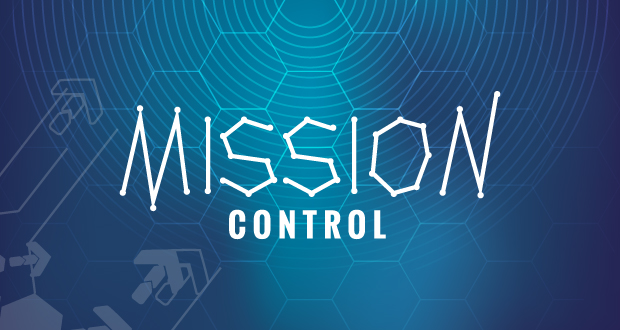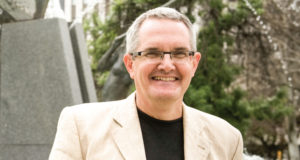Over the course of 2019, I want to take the opportunity to unpack a simple mission framework in this column. Conveniently the framework has four parts so that fits nicely into the format for the year.
The four parts of this framework are represented by four words: Know, Notice, Discern and Act. If that’s all you need to know … flip the page and move on with this month’s excellent Journey content! If you’d like to know more, let’s explore this first part: Know …
So what do I mean when I suggest that mission begins with the word “Know”? I mean that mission begins with knowing something of—and experiencing being known by—God. Our participation in mission, shaping our lives and communities as missional, begins with the clarity that comes with this knowledge.
Last issue I wondered whether mission and discipleship were two sides of the same coin. This is to push that question a little harder.
If we are to be in mission, I think we’re depending on some sense of understanding, of knowing the heart of God, of knowing God’s purposes for all creation, of understanding God’s love for us and our neighbours, of being aware of the part that God might invite us to play in what is God’s mission in the first instance.
This knowing develops as we participate in worship. It grows as we participate in Bible studies. It solidifies as we pray. It deepens as we join in the life of faith communities. I don’t mean for a moment to suggest that we will ever truly know all the mystery that is God—but surely we can make a little progress.
We might think here of the story of Philip and the Ethiopian (Acts 8). Philip follows God’s instruction to head off down a country road, and there encounters the Ethiopian (himself on a journey to know more of God). Because Philip is prepared, knows God, has experienced being known by God, he is ready when the unnamed Ethiopian invites him into conversation. Philip knows how to respond, knows the scriptures, knows God’s heart for this travelling seeker. Knowing God enables him to enter into mission.
Or we might consider Jesus’ story of the good Samaritan (Luke 10)—yet another insight into God’s heart for the world. As we encounter and reflect on stories such as these, we come to know a little more, and be just a little more equipped and ready for mission.
This begs the question—what happens if we go charging into mission without this commitment to knowing God? Do we risk life and action that is in some way separated from the spirit of God, or from God’s love for our neighbours?
But it also begs the question of what happens if we get stuck here—if we are so intent on knowing God that we don’t continue into other dimensions of mission. In that case perhaps we risk being stuck in something of a spiritual ghetto, disassociated from the world. And perhaps we don’t know God so well after all. The clues are all there in scripture that we’re to be active in the world, joining in God’s mission of the reconciliation and renewal of all things.
So the invitation? How is your participation in mission informed by the ways in which you seek to know God and God’s heart for our world? Next edition: “Notice”!
Scott Guyatt
Scott Guyatt is the Queensland Synod’s Director of Mission Strategy.
 JourneyOnline
JourneyOnline







